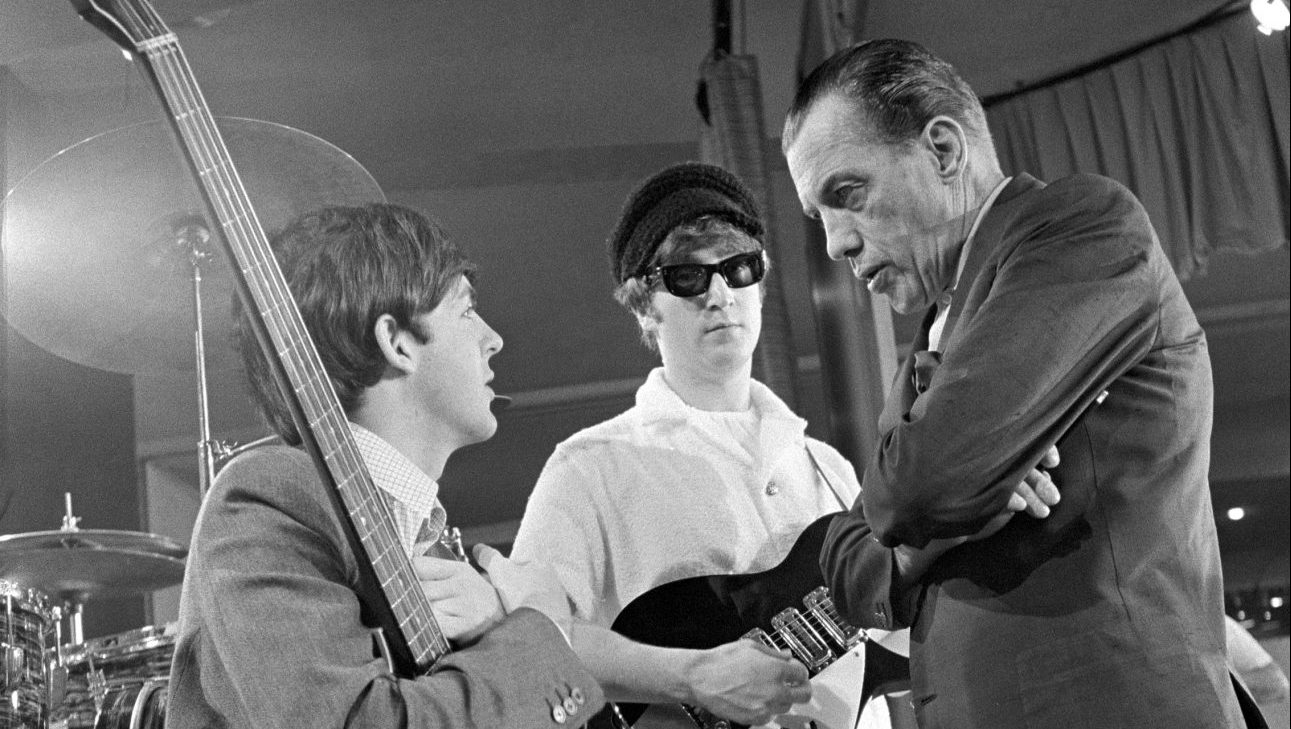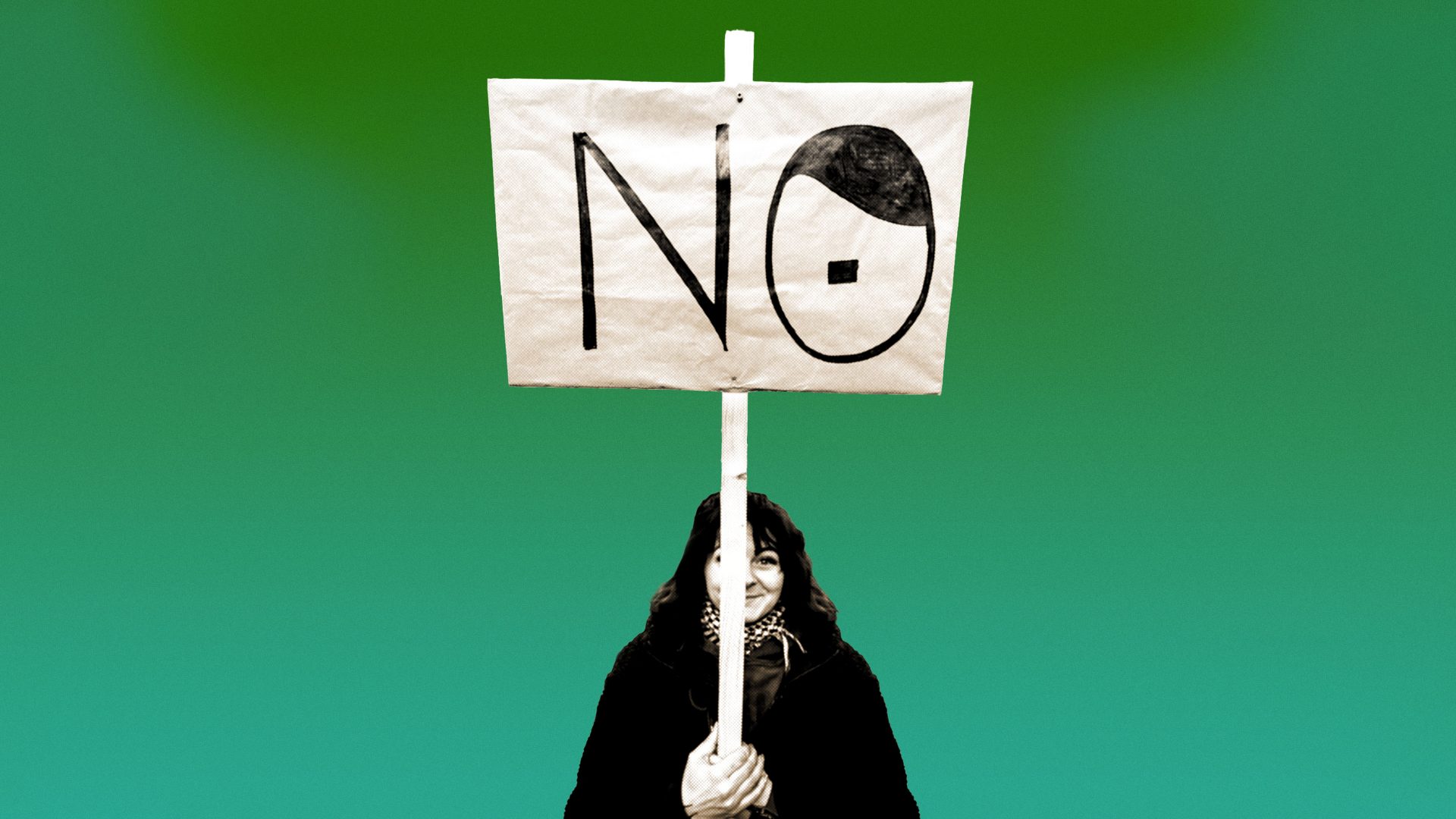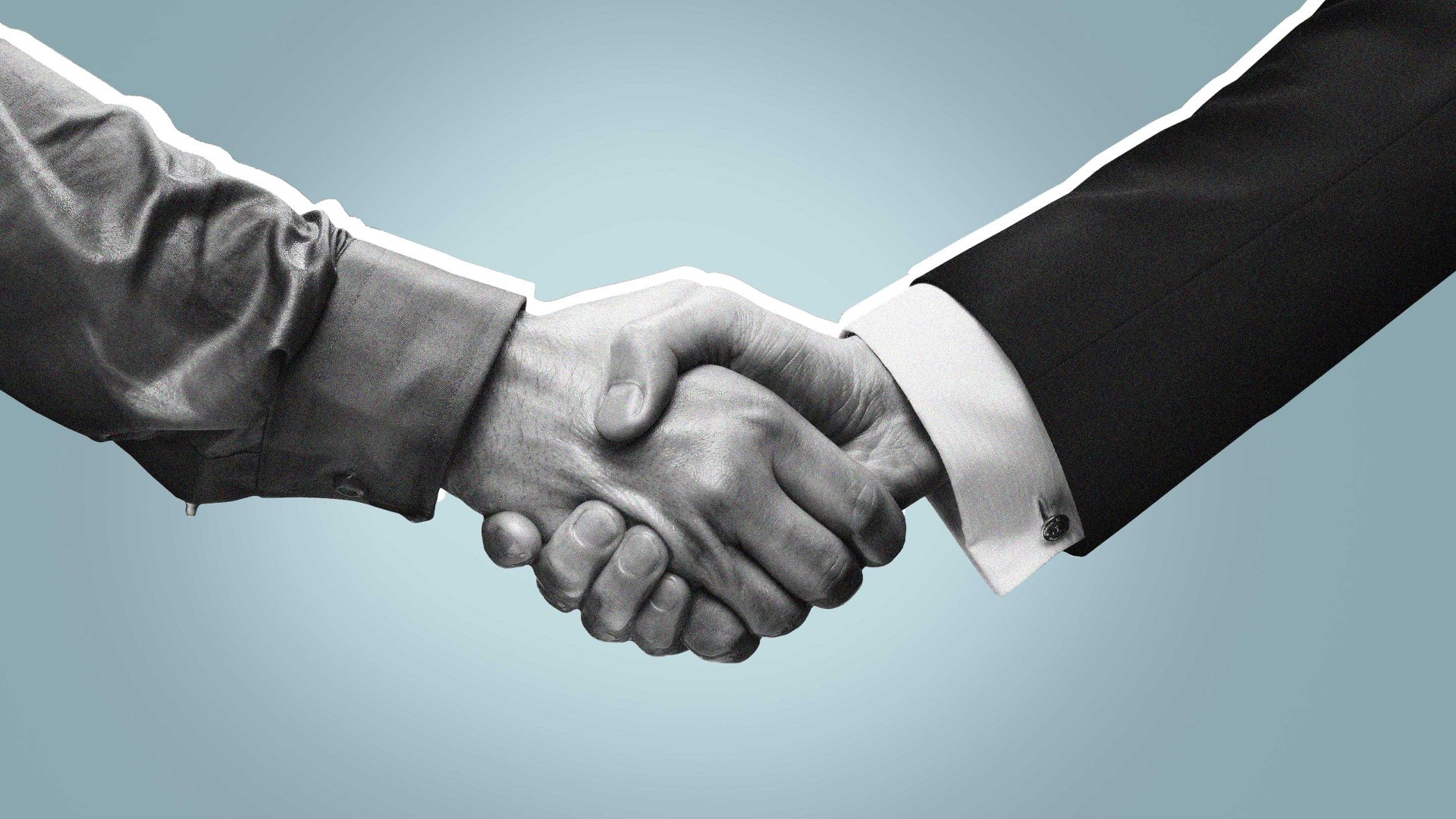My generation, the Baby Boomers, were the first “kids with screens.” The television, that ubiquitous big black box in the middle of the living room, was the additional member of the family.
No generation after mine will ever know what it was like to live without some sort of televisual device close to hand.
In the States, there were three networks: NBC, CBS and ABC. That was it, and because of this, they were gods.
They came off air in the early evening, and that was the end of that. In between the time that they came on and the time that they signed off, an entire universe unfolded, controlled by the networks and aided and abetted by us. Since there was no possibility of being on television for most of us, TV became a kind of extension of our fantasy lives. And creator of those fantasy lives, too.
Plus, in a strange way, we knew our power. We were willing, more than any generation before us, to exert that power: our view of the world.
We needed an anthem. And we needed troubadours.
Growing up under the threat of the Soviet Union and possible nuclear annihilation by an old bald-headed guy named Khrushchev, we did duck-and-cover drills. Our parents and teachers assured us that somehow, if we were under nuclear attack, we could hide under our desks.
Because we were Americans.
My music – because I was born and raised in what used to be called the ghetto – was Motown. It was Marvin Gaye and “ooh, baby, baby” and the shiny, spangly world of the Supremes.
So who were these four white guys with long shaggy hair, singing “yeah, yeah yeah”? What did they have to do with me?
Everything.
It is impossible to describe the hold that this band had on the American imagination. What they released in us was the hidden anarchy in a land where anarchy may seem to exist – but actually doesn’t.
Coming to us was England – not the stuffy, tea-drinking, genuflecting to the Queen England; that My Fair Lady, Sherlock Holmes England we thought it was – but a land of fun, crazy colours, guys with long hair and incredible music.
The band were literally besieged when they arrived in New York City; soaked up like water in the desert. They unleashed anarchy upon the world. They had come from this incredible city called Liverpool, which had to be some kind of magical place – partly because we Americans had never heard of it.
Suddenly, there it was, in our lives: Liverpool, the origin of the story of these incredible guys.
And they were to appear on the number one variety show on US television – which meant that it was number one on earth: The Ed Sullivan Show on CBS. There really is no explanation for, nor equivalent to The Ed Sullivan Show. First of all, there were just the three networks, so the show didn’t have much competition. Second of all, Sullivan was still a big newspaper columnist and knew everybody
Third: to be on The Ed Sullivan Show was to be on air with the Big Dog of showbiz. You could not go higher or get bigger.
All of America watched him every Sunday night; we watched his very strange mannerisms in which he seemed to be wrapping his arms around himself in self-defence; his strangulated voice: this guy was the opposite of TV. He would never be on the screen today.
Yet on the evening of Sunday February 9, 1964, he was the coolest guy in America.
That date was my little sister’s birthday and I was doing the washing up after we had some birthday cake. Suddenly, I heard the strangulated tones of Sullivan’s voice yell: “The Beatles!” The audience screamed through the entire set. My little sister and I screamed.
The Beatles gave us gold standard permission to be different from our parents; to, in the words of the slogan of the time, “never trust anyone over 30.”
Those of us who were to go on to oppose the Vietnam war; fight for the rights of women; the poor; LGBT people; people of colour; the correction of American history; all of it: were given a kind of permission by the Beatles.
We lived, all of us, in a puritanical society; a society in which we made a pledge of allegiance to the flag every morning before class began; where Sundays meant church and in many states – mine for sure – meant no alcohol on the Sabbath. America was where boys knew that they had reached an important milestone in their lives when they had their first haircut.
This band lured us away from home – the conventional idea of ourselves and America. Our slogan was made flesh and we could understand, in music, what we meant. What we aspired to be.
They were us, in a way, even though their accents were strange to us; their banter and mannerisms foreign. The Beatles made a kind of sense to us. And we thought that maybe we made sense to them, too.
So, when John Lennon chose to move to the States, to live there, that confirmed something that some of us secretly hoped: that this band could change our country; make it less war-mongering; greedy. Less American.
I was living on the Lower East Side of New York the evening that Lennon was shot. He lived with Yoko and their son in the Dakota, the apartment block on the Upper West Side of Manhattan that was used as the building in Rosemary’s Baby. It was therefore haunted to many of us, and then something happened that really did haunt us.
I sat in the evening dark, and watched the Beatles on TV again.
And I think that all of us who had first encountered them as kids and young teens were remembering that Sunday evening, February 9, 1964.
I suppose you might call that evening a landmark; a moment when you could measure yourself. See where you had been and who you are now.




